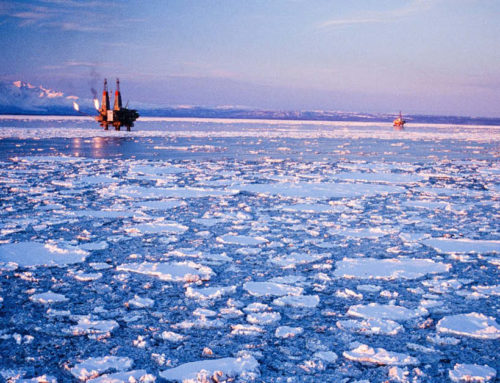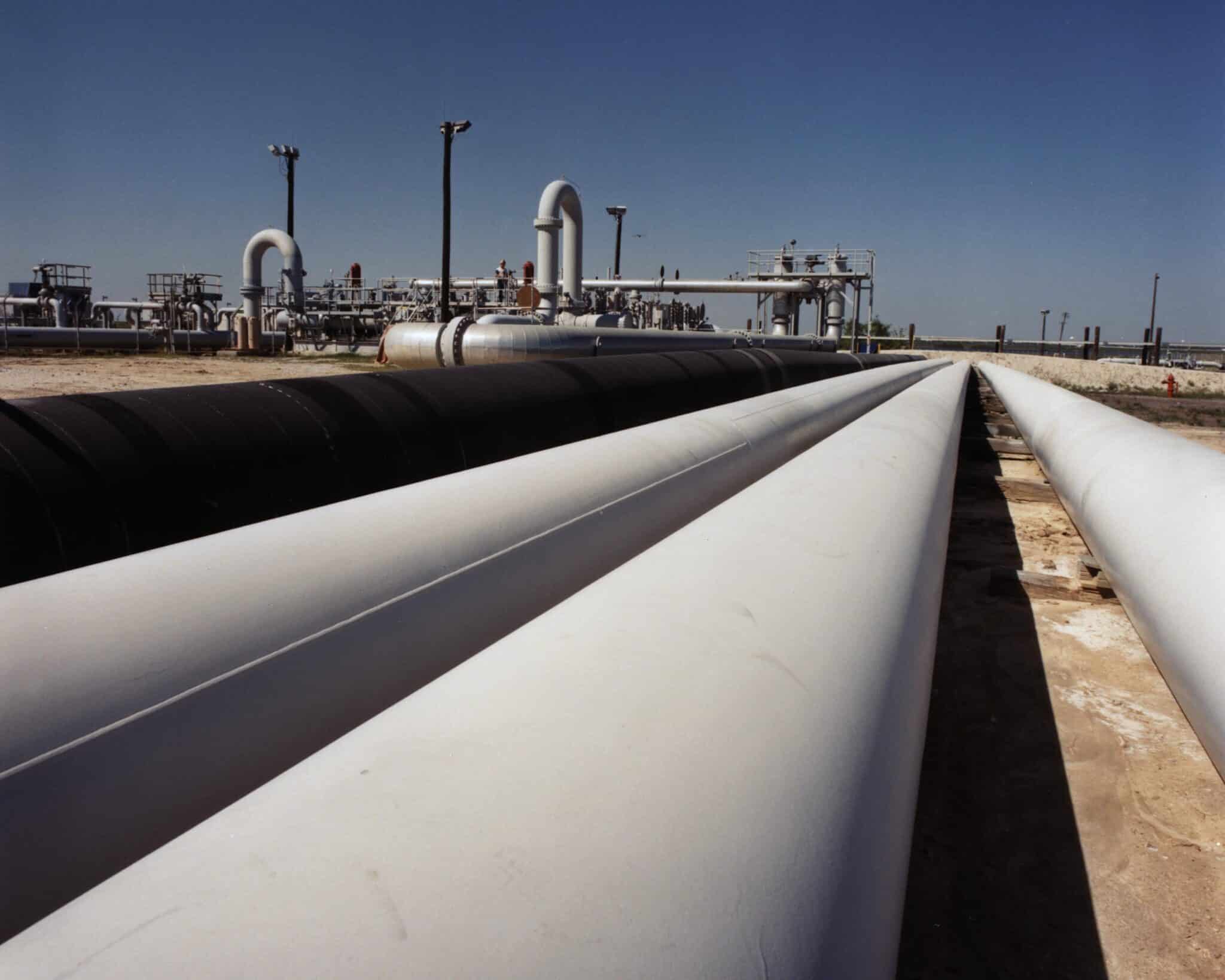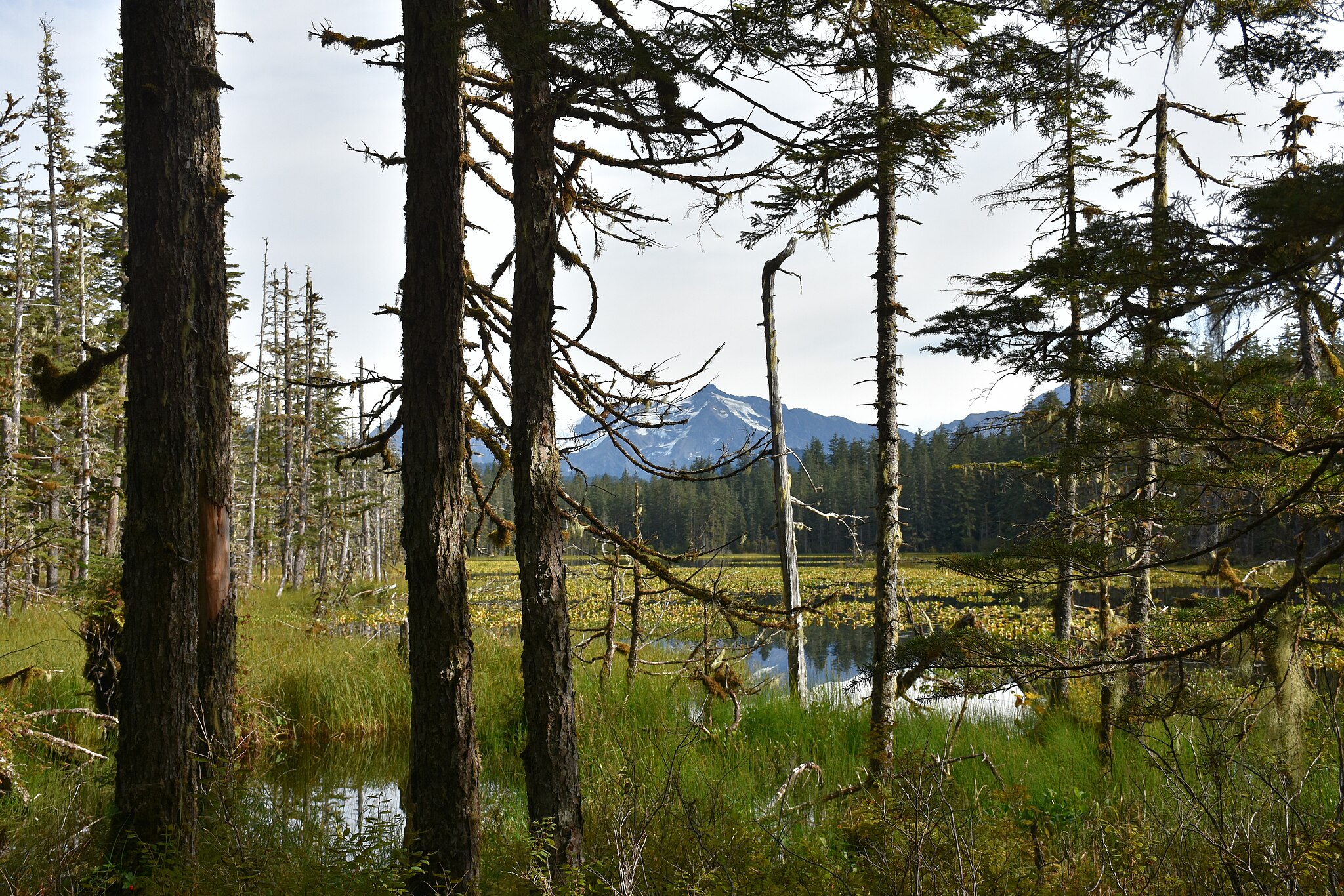When lawmakers make legislative mistakes, it can take a long time to fix the error. That’s the nature of a deliberative body. But today is the “birthday” of one piece of legislation that has taken longer to fix than any other we know of, the General Mining Act of 1872 (more commonly referred to as the 1872 mining law). The “granddaddy” of federal subsidies is alive and going strong, but rest assured we won’t be throwing it a party or buying it presents. No, the only ones getting presents today are the gold, copper and other mineral companies that are the beneficiaries of 135 years of subsidies and giveaways.
The 1872 mining law robs taxpayers by allowing companies to “patent” – take title of – public lands for the rock bottom price of $5 an acre (that’s a measly 31 cents per acre when adjusted for inflation!), a giveaway signed by Ulysses S. Grant as a way to help populate the western United States. Once they have purchased this practically free land, mining companies are allowed to extract metals and minerals – an estimated $245 billion worth over the years – without paying a dime in royalties.
To be clear, we are not talking about subsidies going to the old ‘49ers who set up camp during California’s gold rush back in the 19th century. Today, minerals are mined by big companies making even bigger profits. Every year, billions of dollars of gold, silver, and copper are taken from public lands, and Uncle Sam is literally giving the stuff away. In 2006, Australian-based Rio Tinto reported profits of $7.9 billion and Canadian-based Barrick Gold Corporation sold over $4.4 billion worth of gold. It total, these two companies alone hold 39,322 claims covering 785,490 public acres in the U.S.
Unlike other extractive industries, hardrock mining companies can dig for gold, silver and other precious metals and minerals on taxpayer-owned lands for free. Coal, oil, and natural gas companies must pay a royalty back to the U.S. Treasury that runs as high as 16% of the value of the resource they extract from public lands. It only makes sense that these companies pay a royalty. Taxpayers should not give away for free commodities that private companies will turn around and sell. And it shouldn’t be any different for mining companies.
According to a recent analysis of government mining records, more than one-sixth of all claims are owned by just ten mining interests, five of which are foreign-owned corporations. These ten companies hold 86,396 claims, representing 1,720,380 acres of public lands. In 1993, the largest of these companies, Barrick Gold Corporation, patented claims in Nevada for a mere $10,000. The estimated mineral value of those claims was $10 billion.
Adding insult to injury is that taxpayers foot the bill for billions of dollars in cleanup costs when mines are stripped bare and abandoned. One estimate puts the total cleanup cost at between $32 billion and $72 billion.
Reform of the 1872 mining law is more urgent than ever. Taxpayers have already given away many billions of dollars worth of metals and minerals, and new energy trends indicate the pace of the giveaway could accelerate without Congressional action. With the nuclear power industry pushing to increase their market share, companies looking to mine uranium have staked hundreds of new claims on public lands in the west hoping to cash in. Speculation in recent years has already caused uranium prices to double, and with gold and silver prices riding high, the pressure is like never before to exploit the bygone 1872 mining law for private gain.
As the 1872 mining law grows another year older, Rep. Nick Rahall (D-WV) is leading an effort to modernize the law. You can be sure that the deep pockets of the mining industry will fight like crazy to keep the subsidies flowing, so it’s going to take a lot of hard work to ensure that substantial reforms are enacted and taxpayers are protected. Let’s just hope we don’t have to wait another 135 years for reform.
For more information, contact Steve Ellis at (202)-546-8500 ext. 126 or steve [at] taxpayer.net










